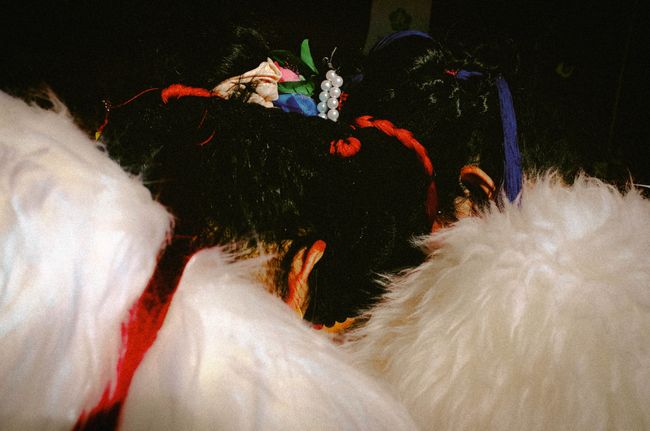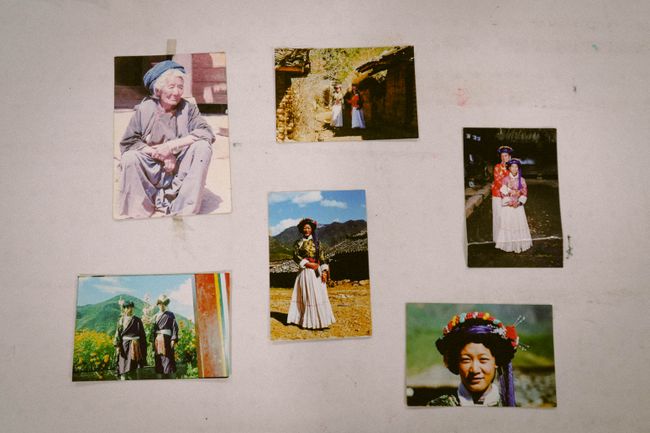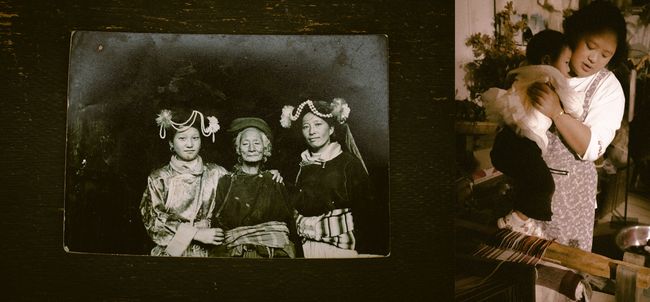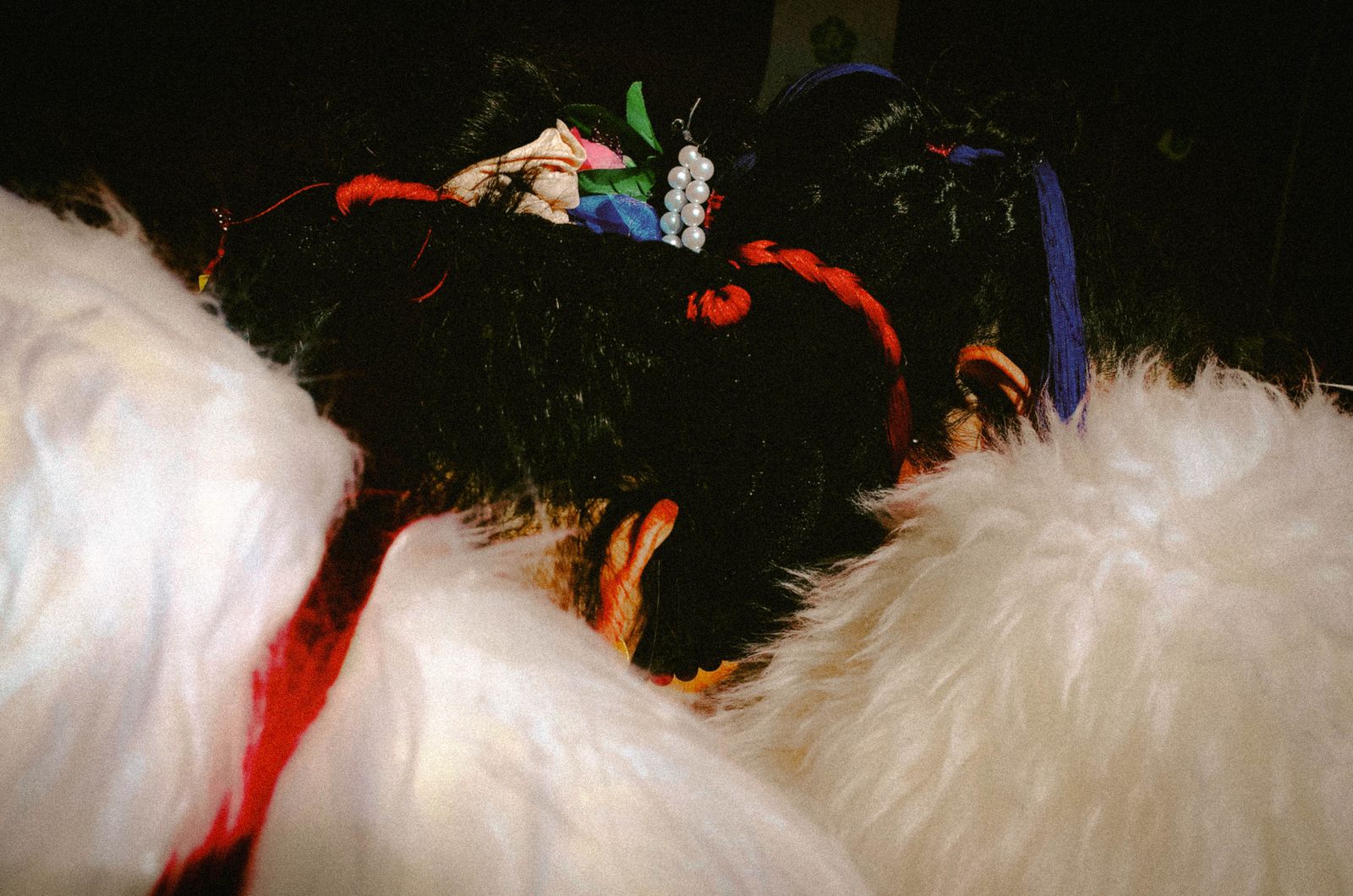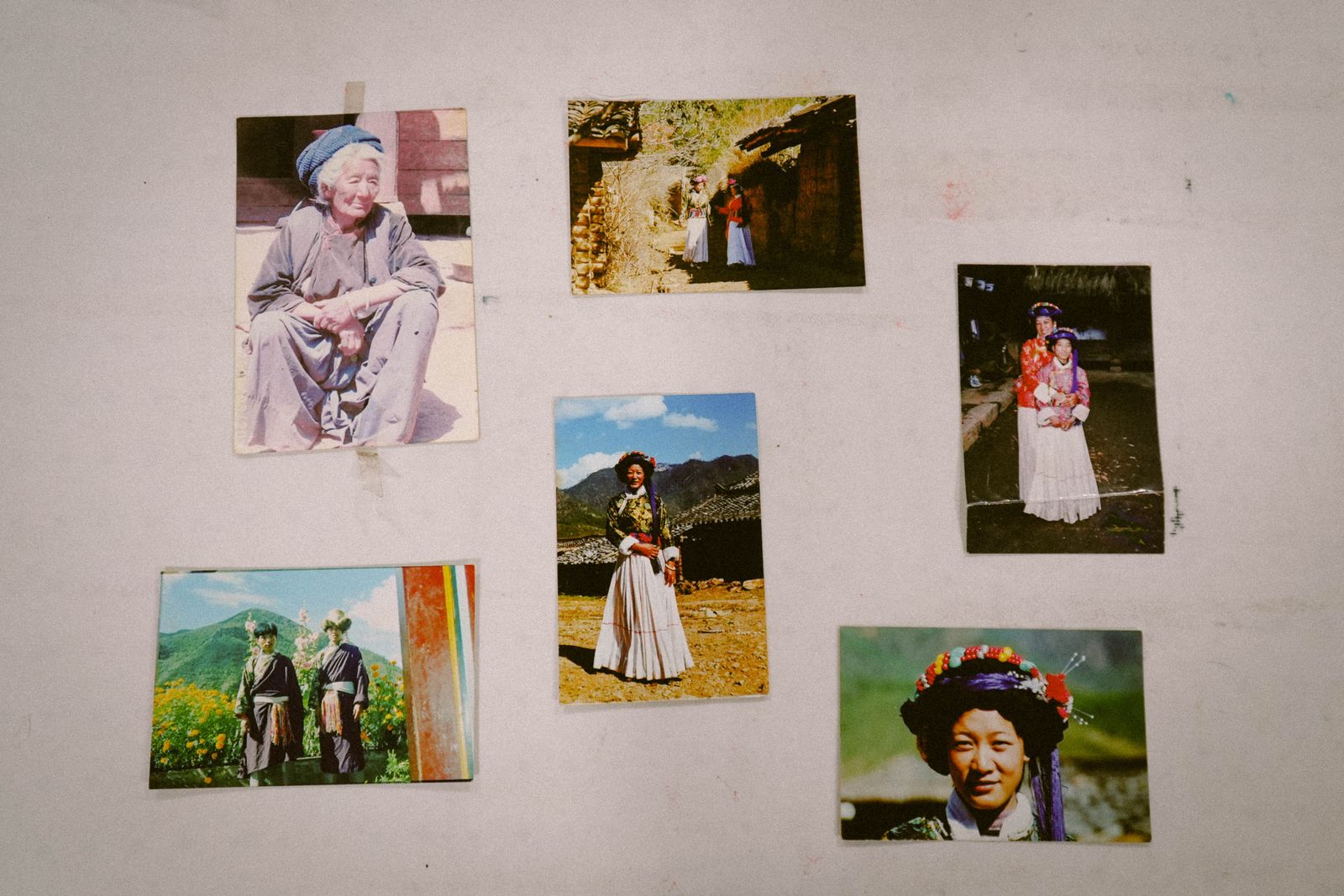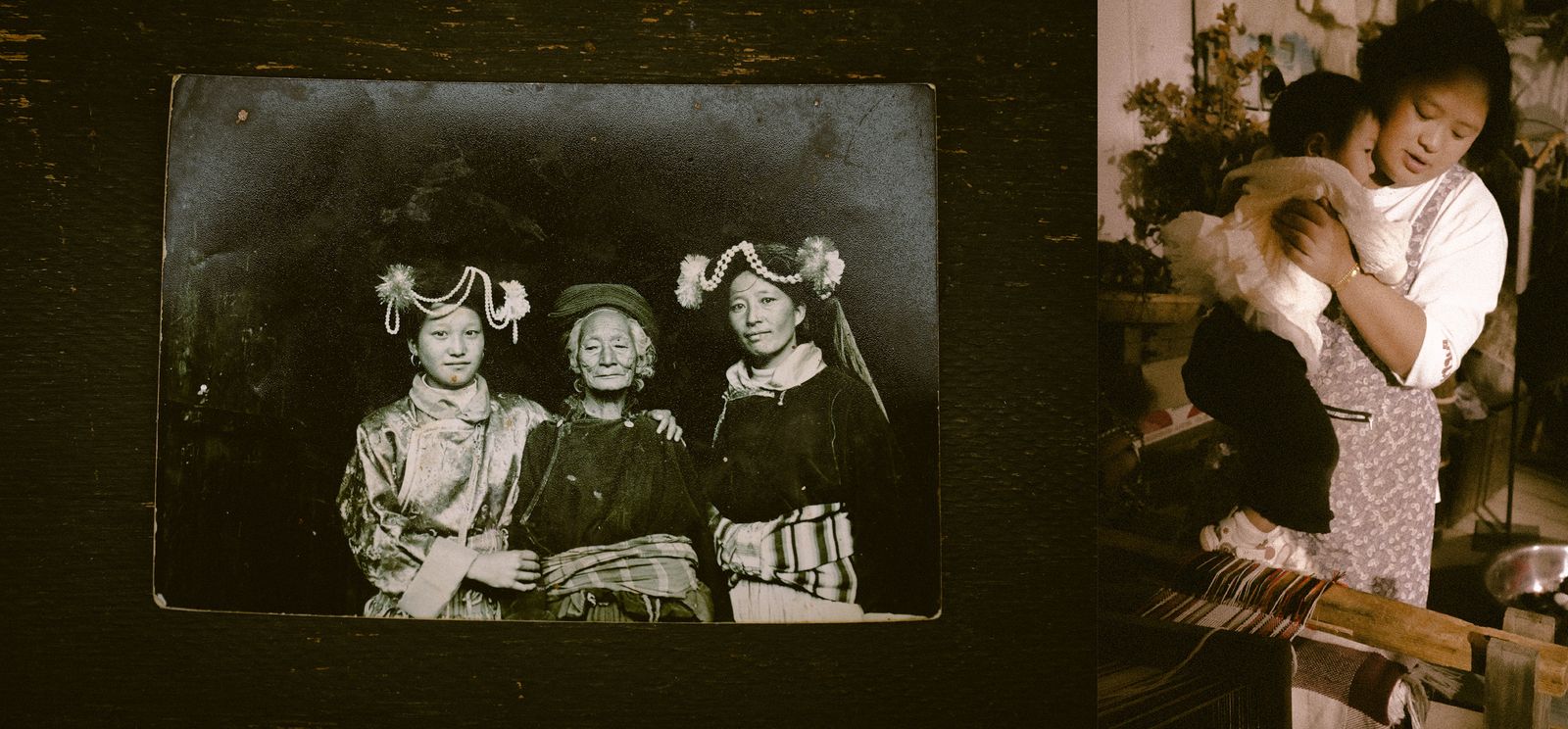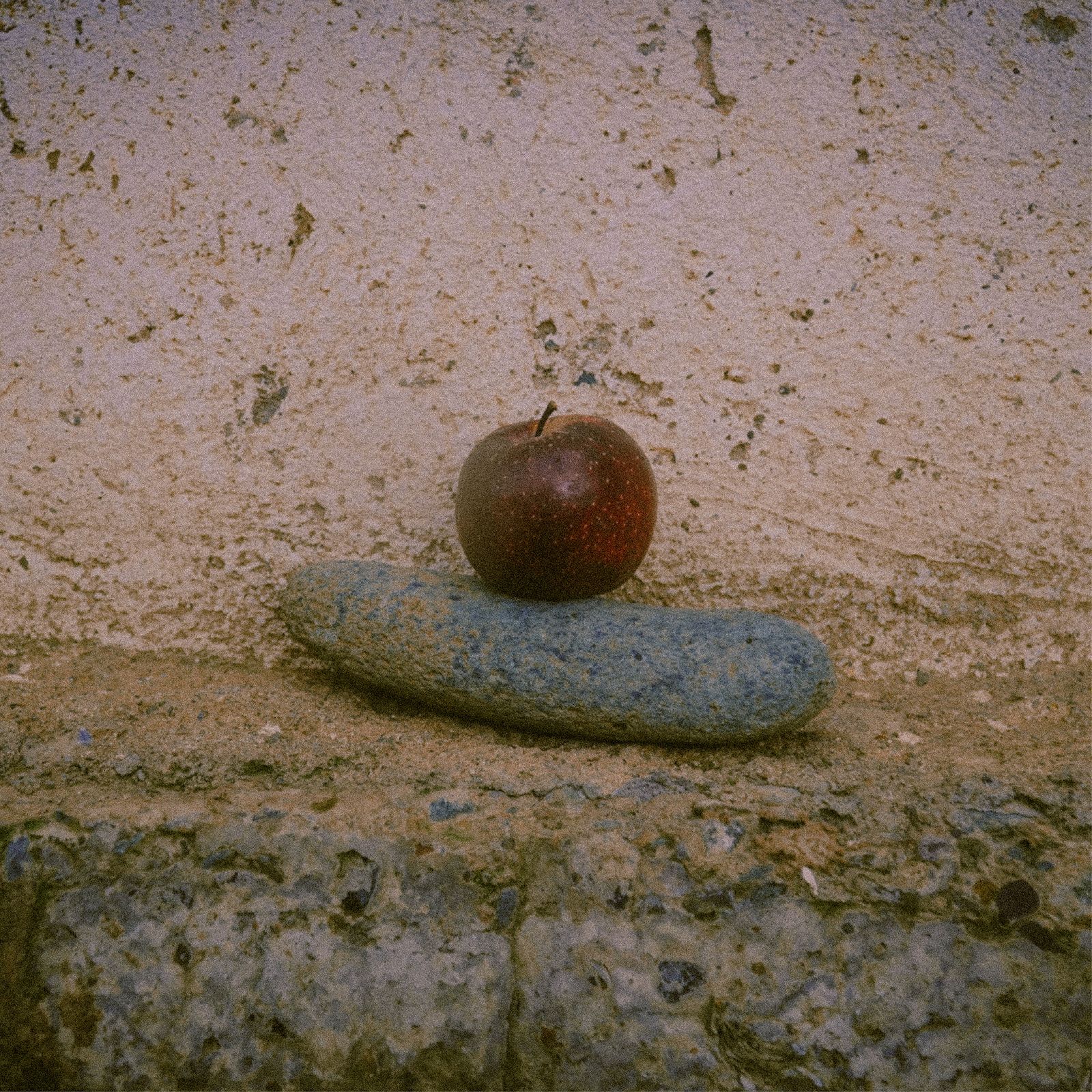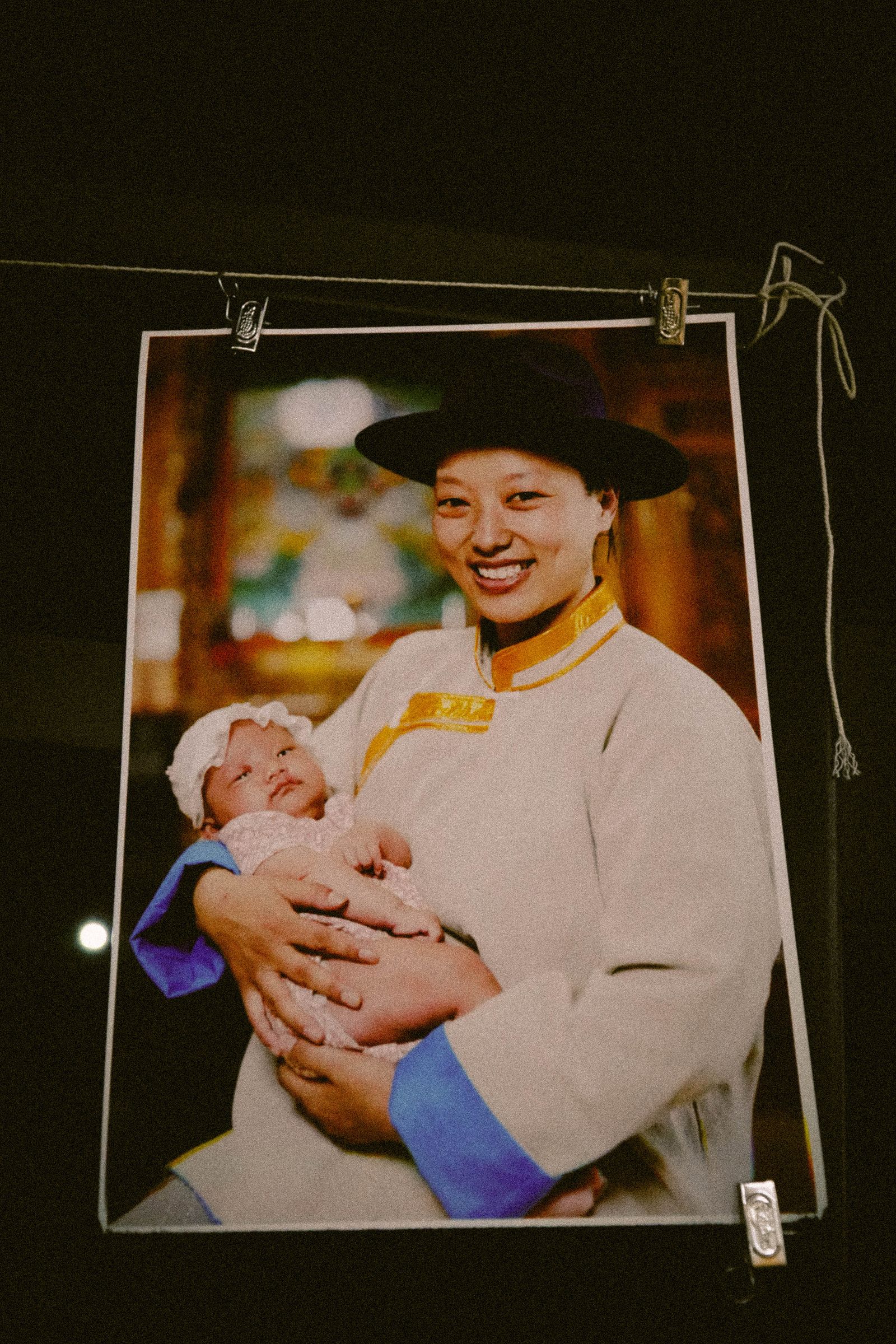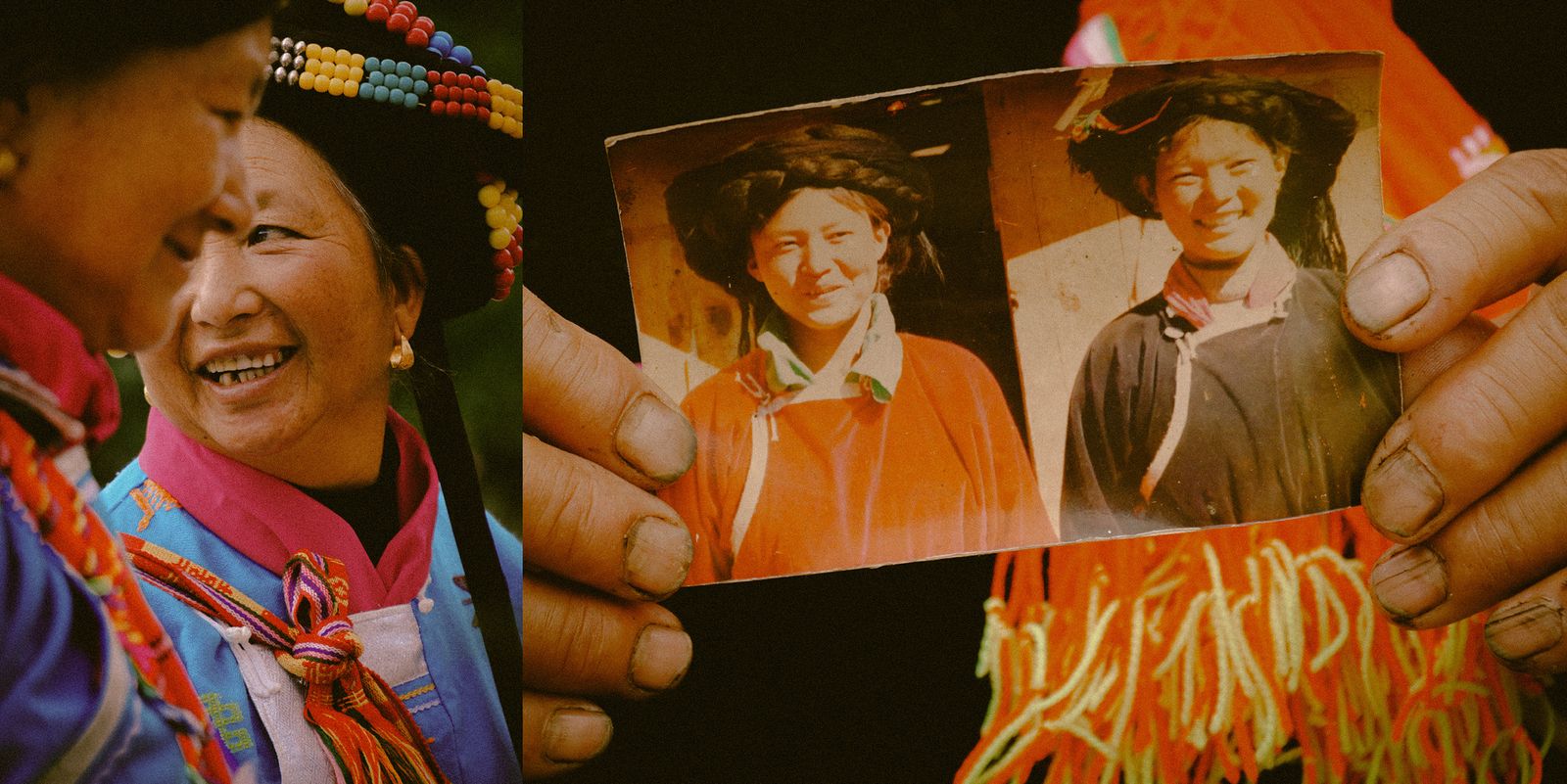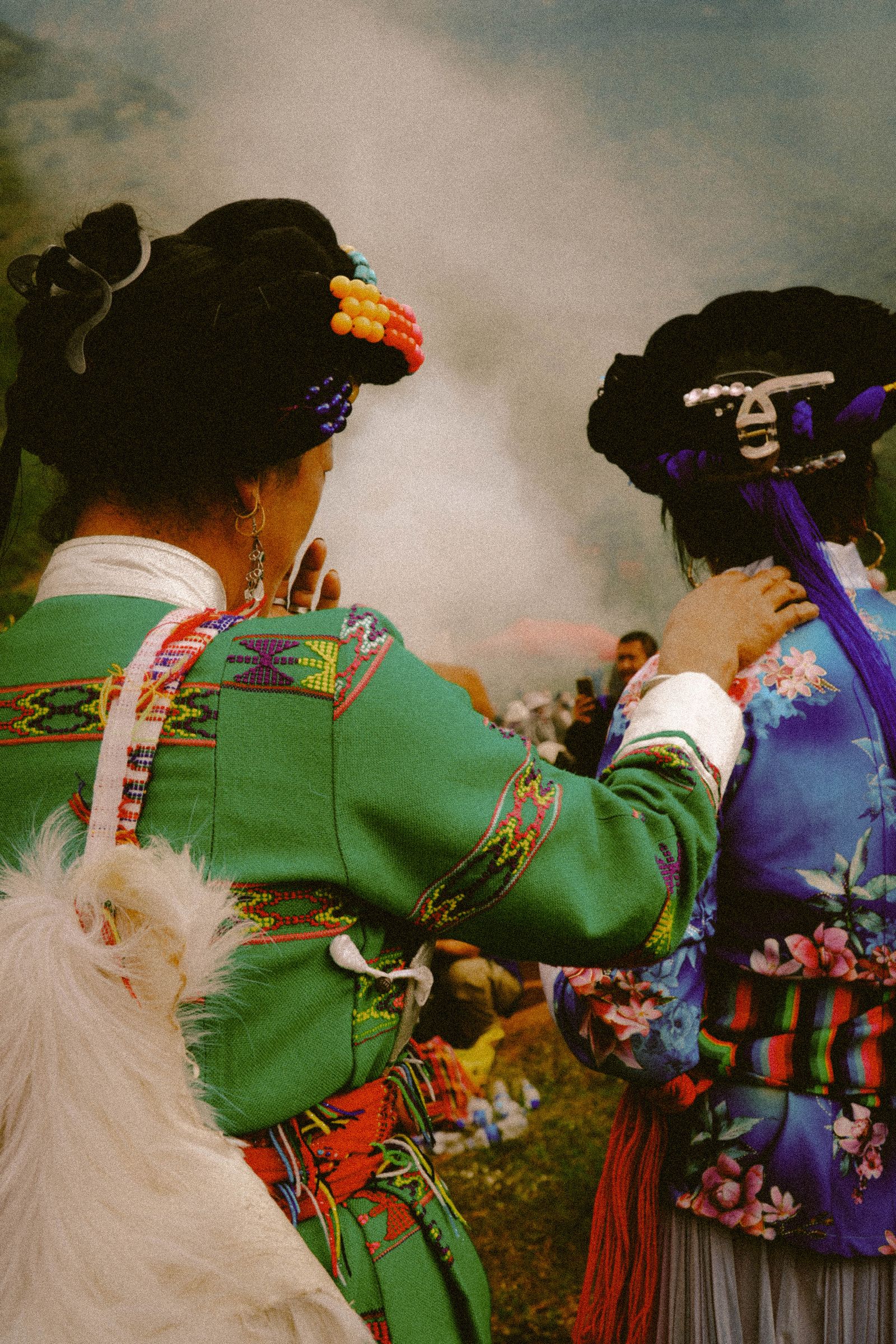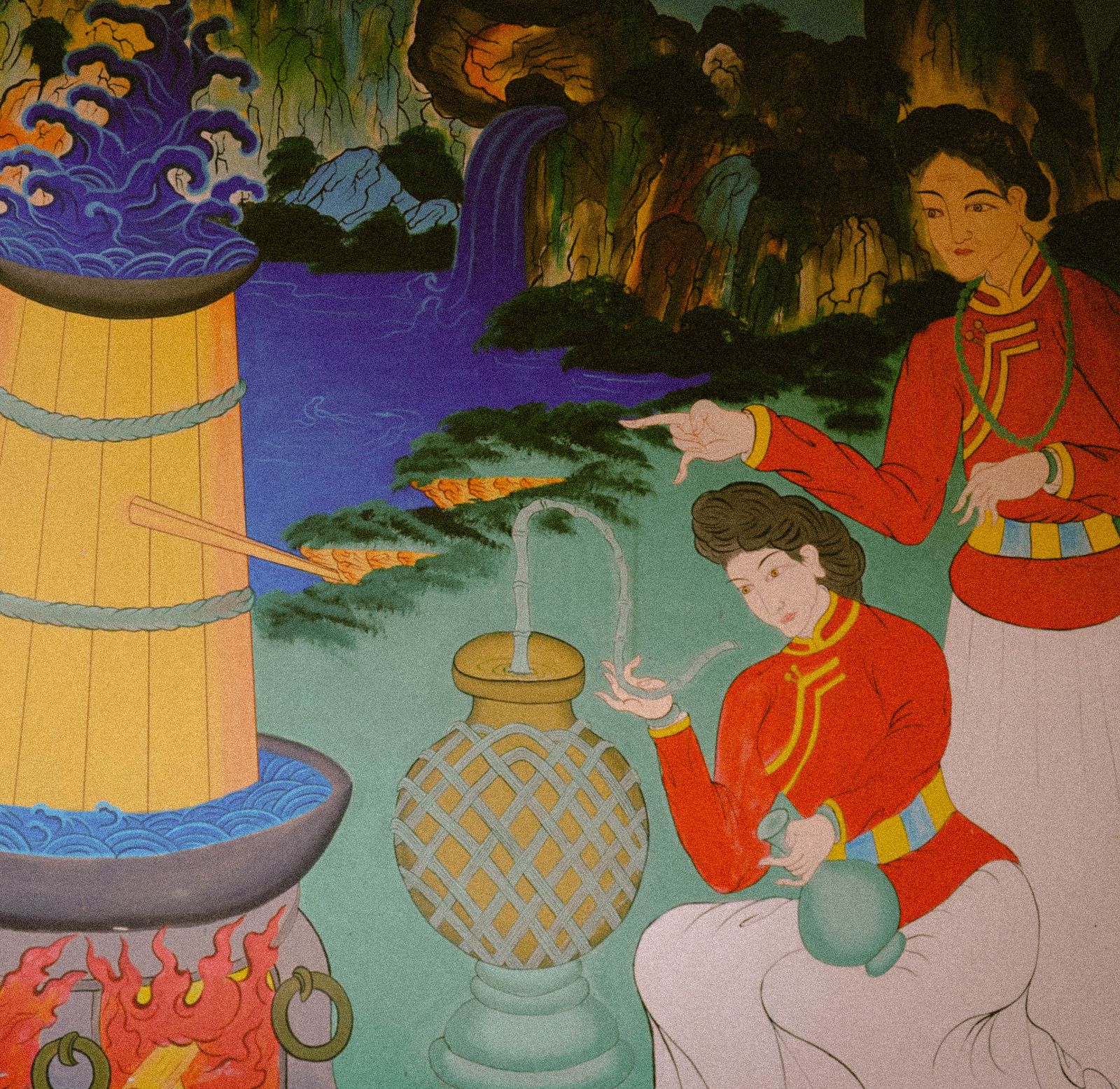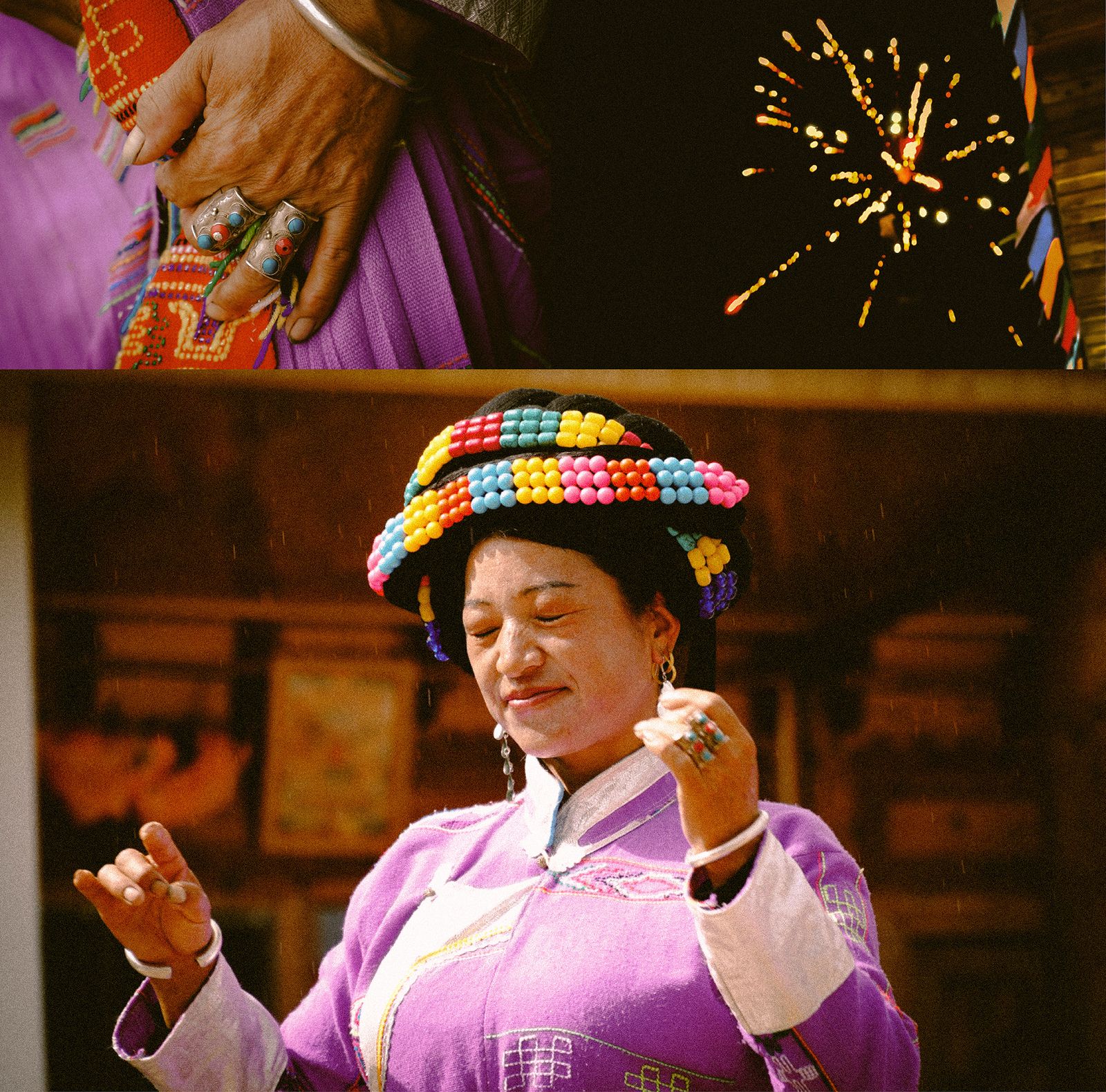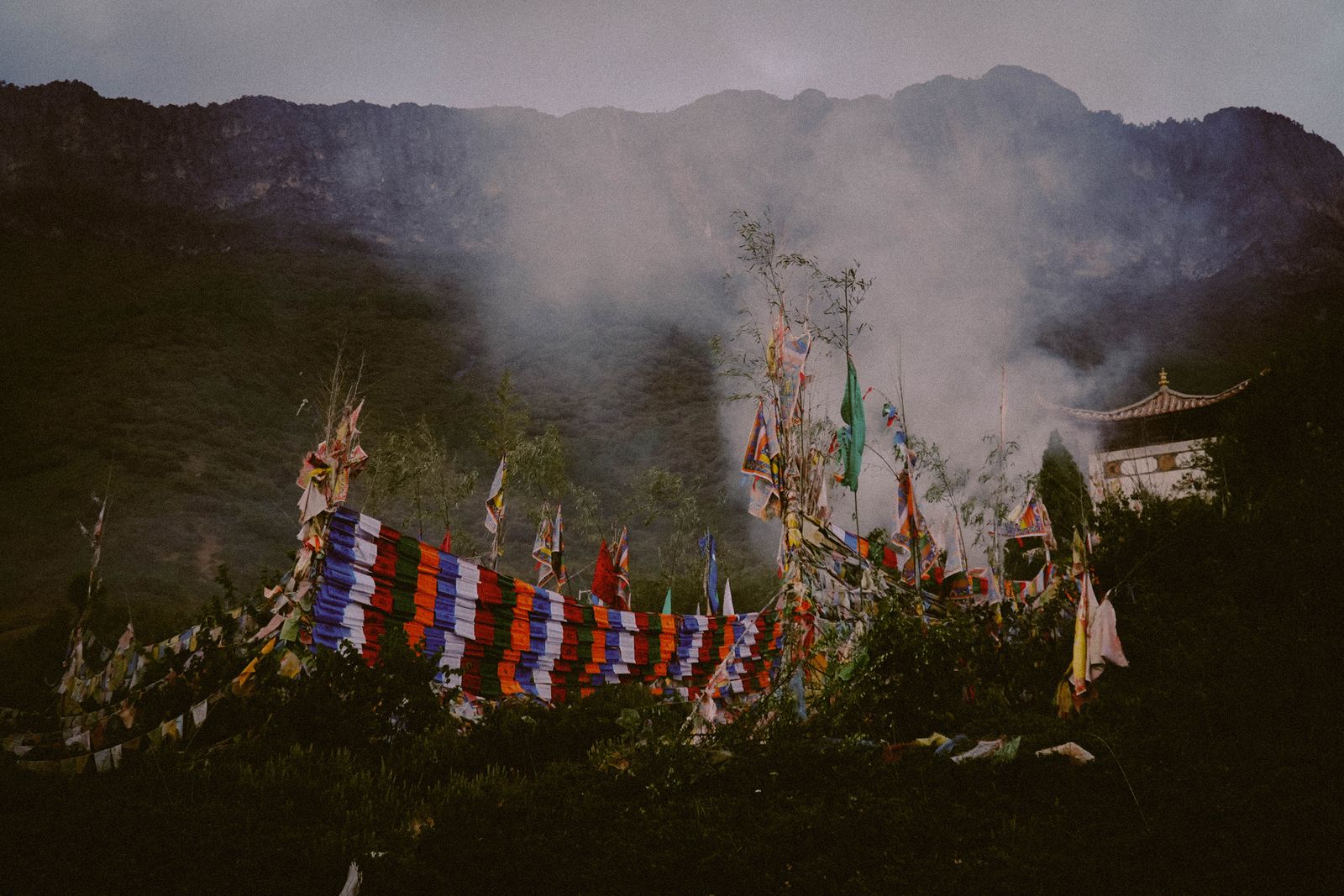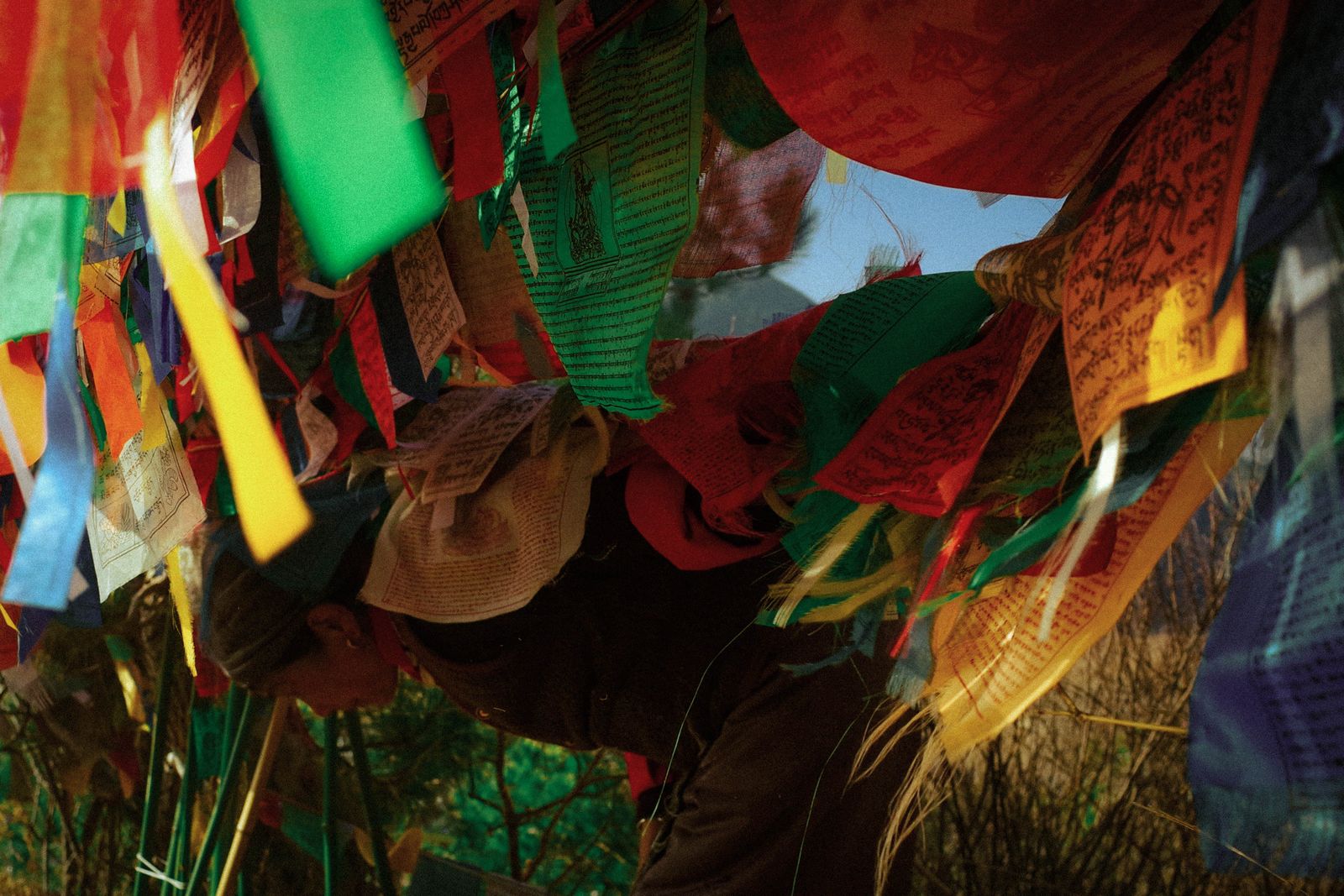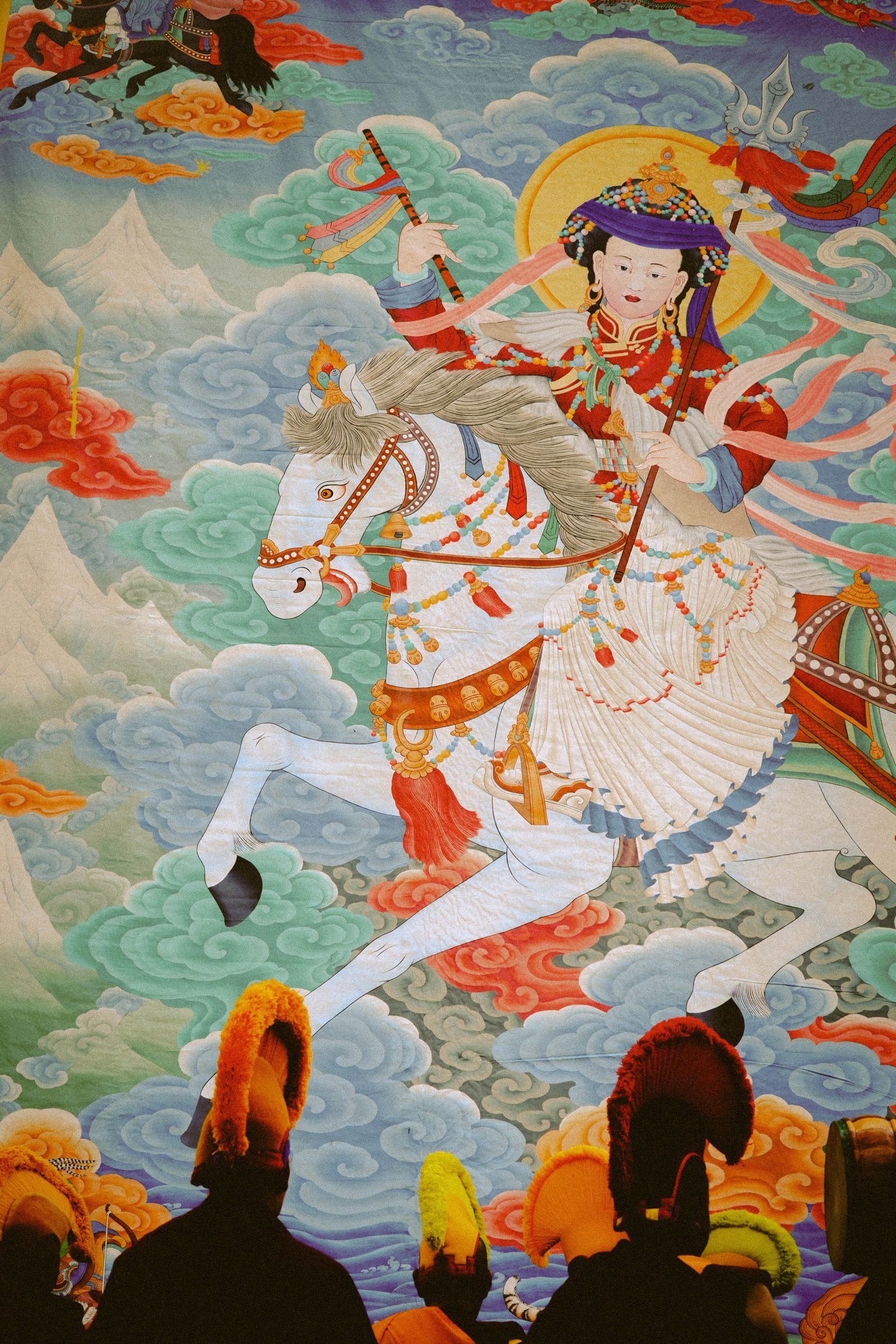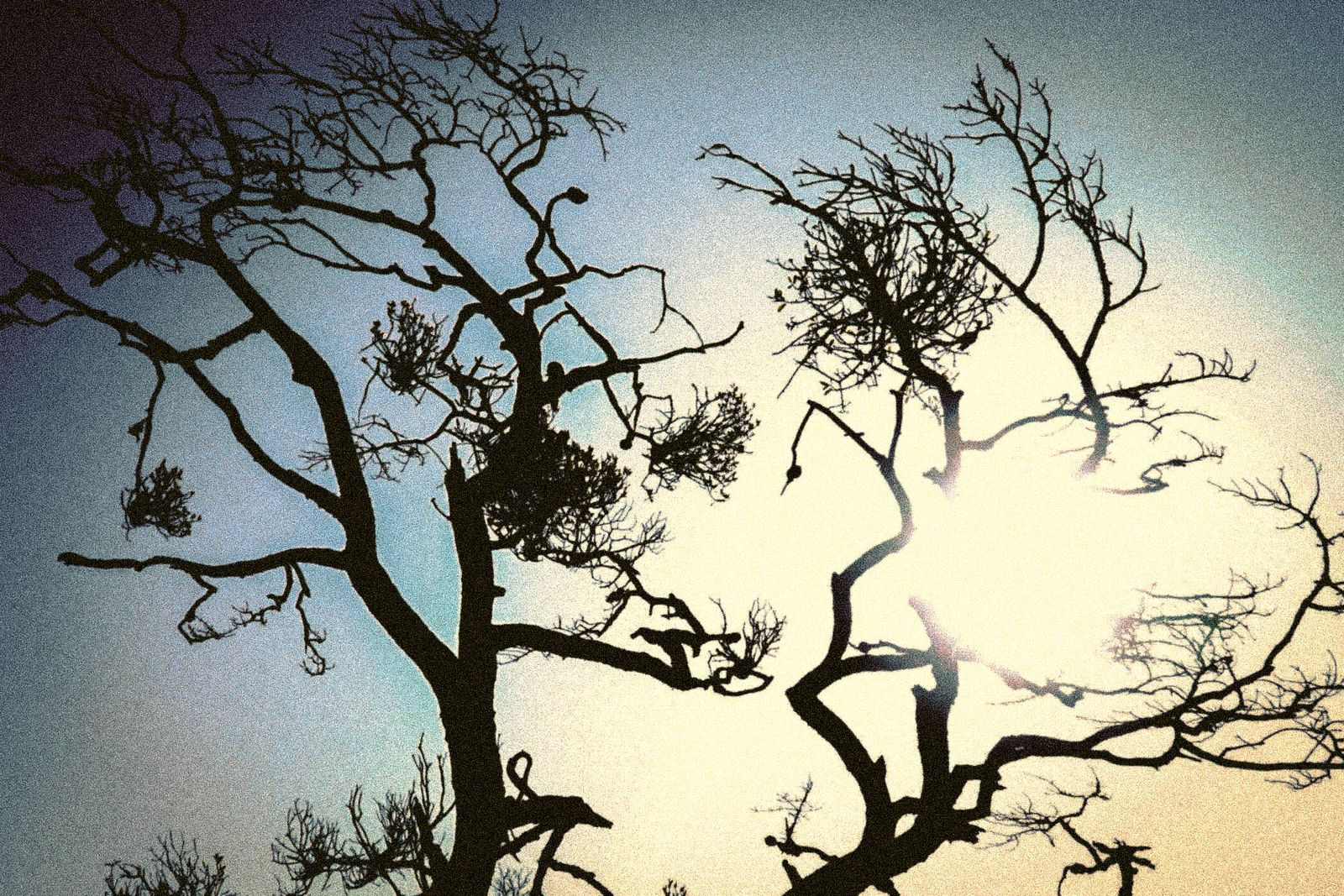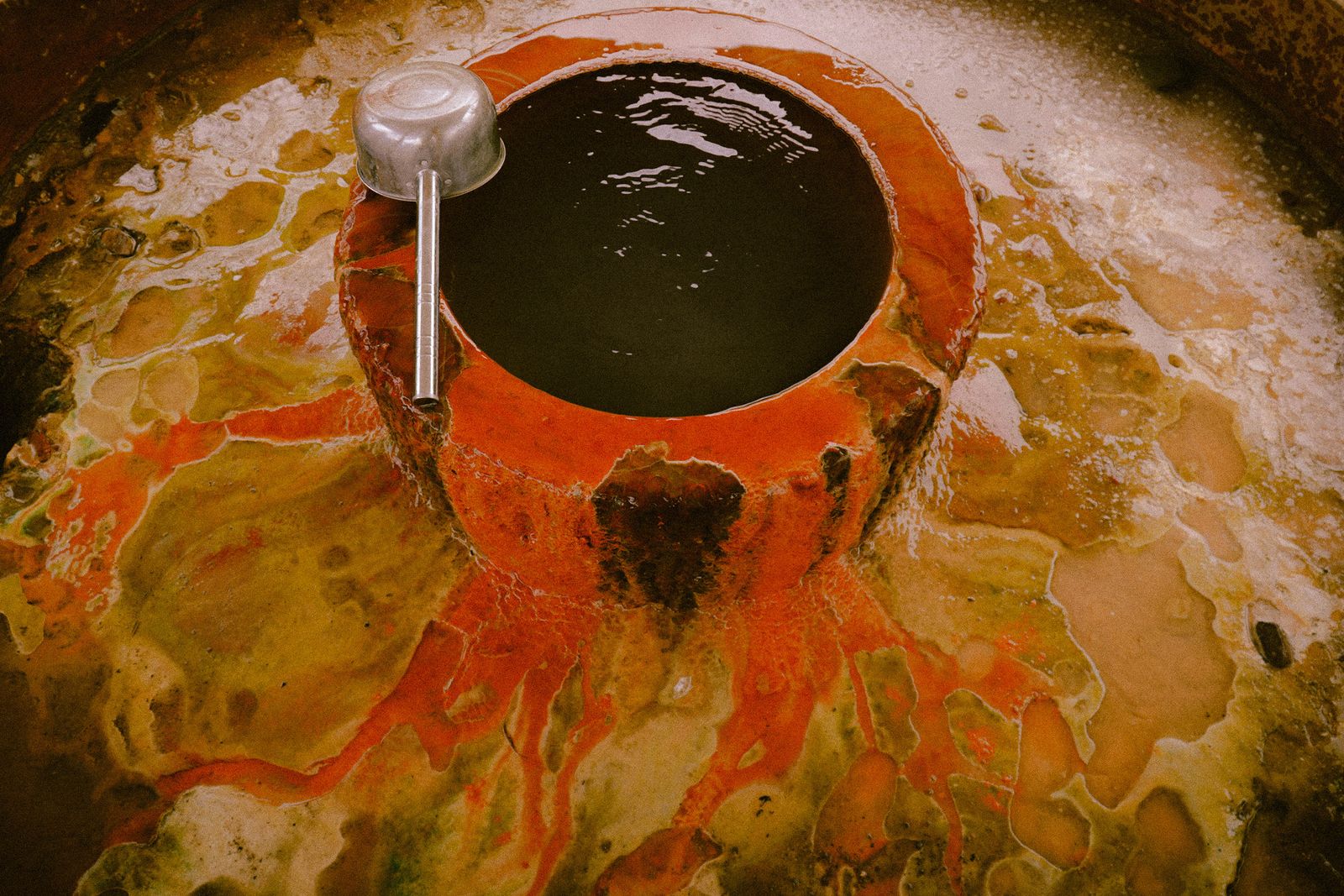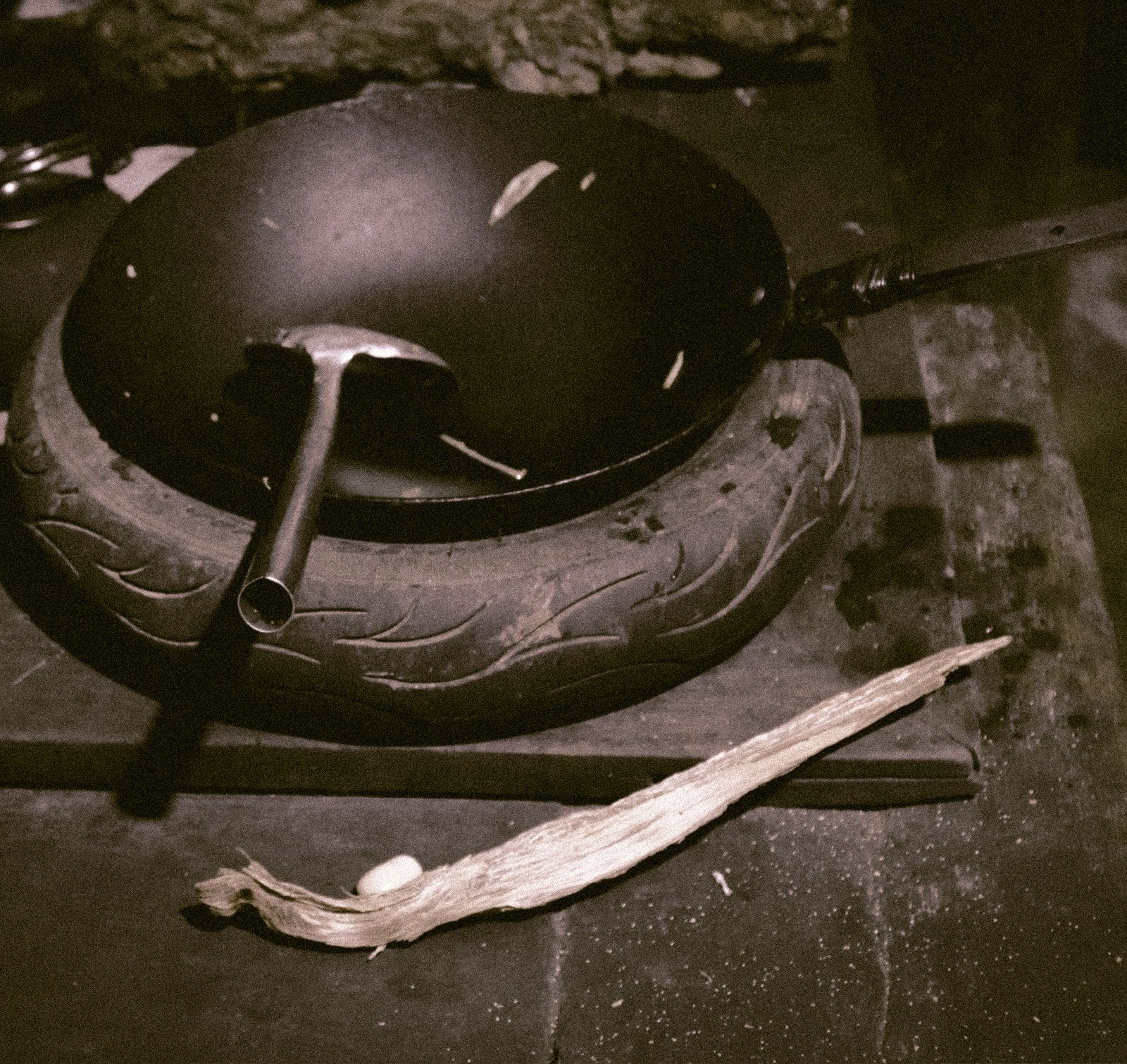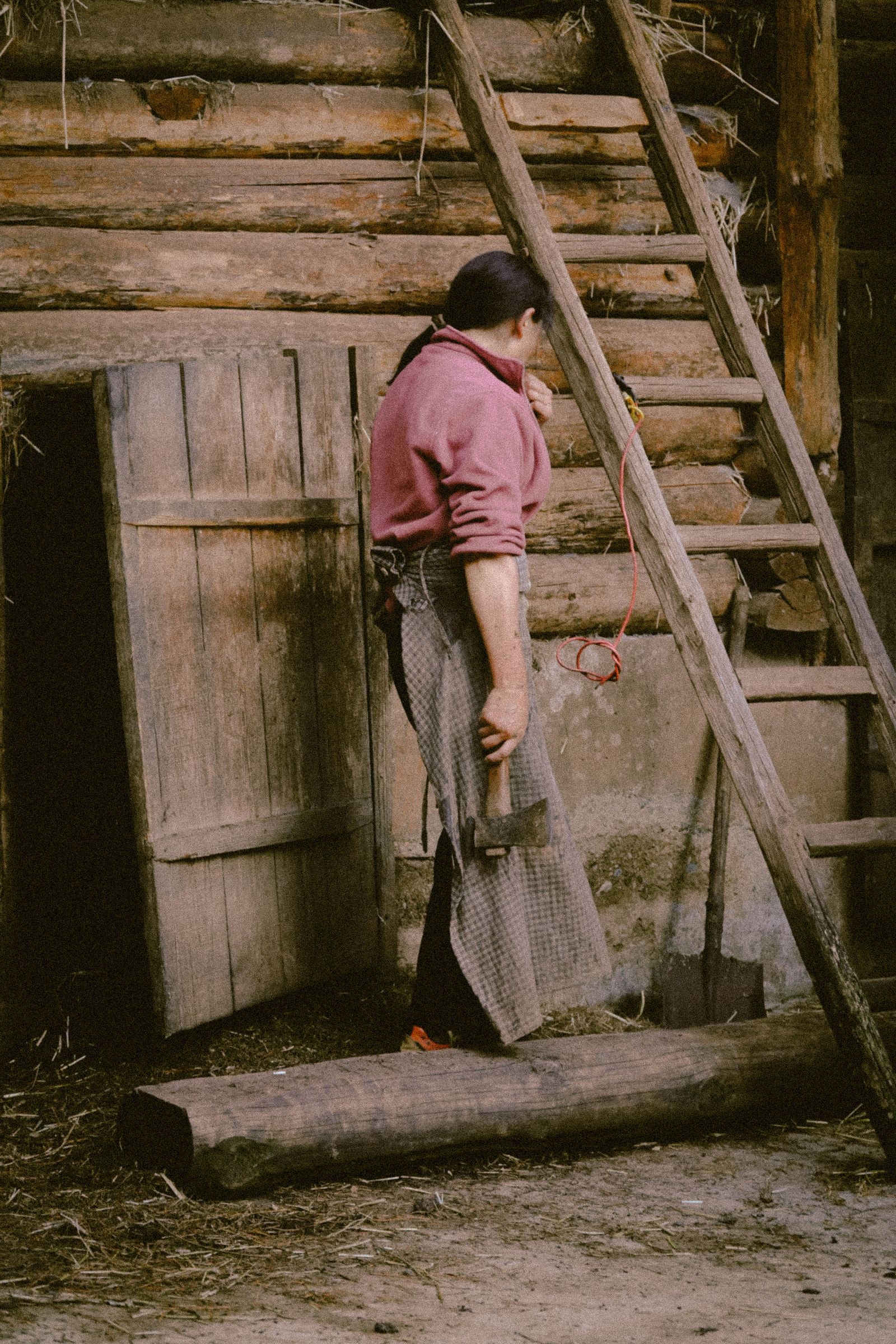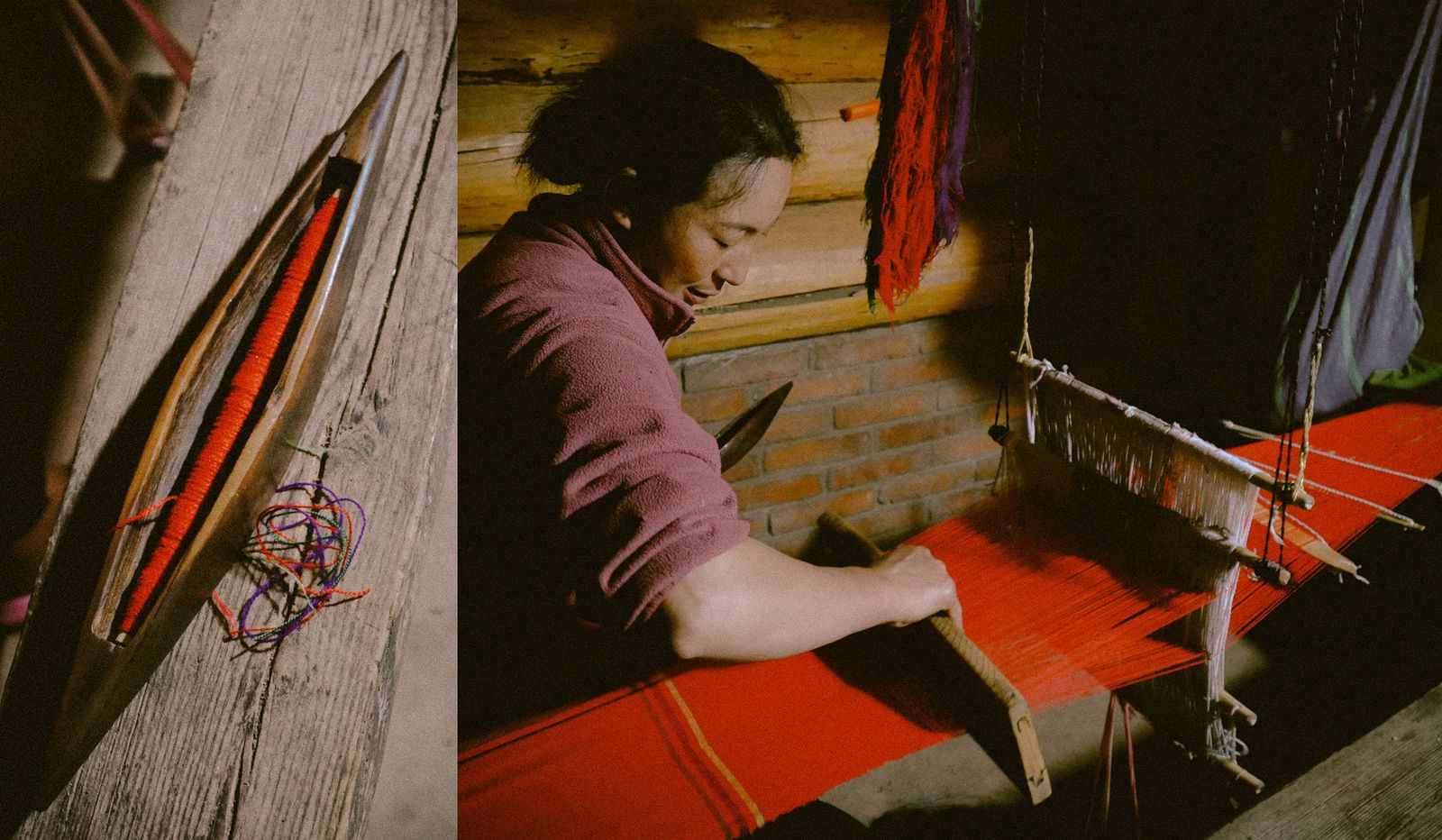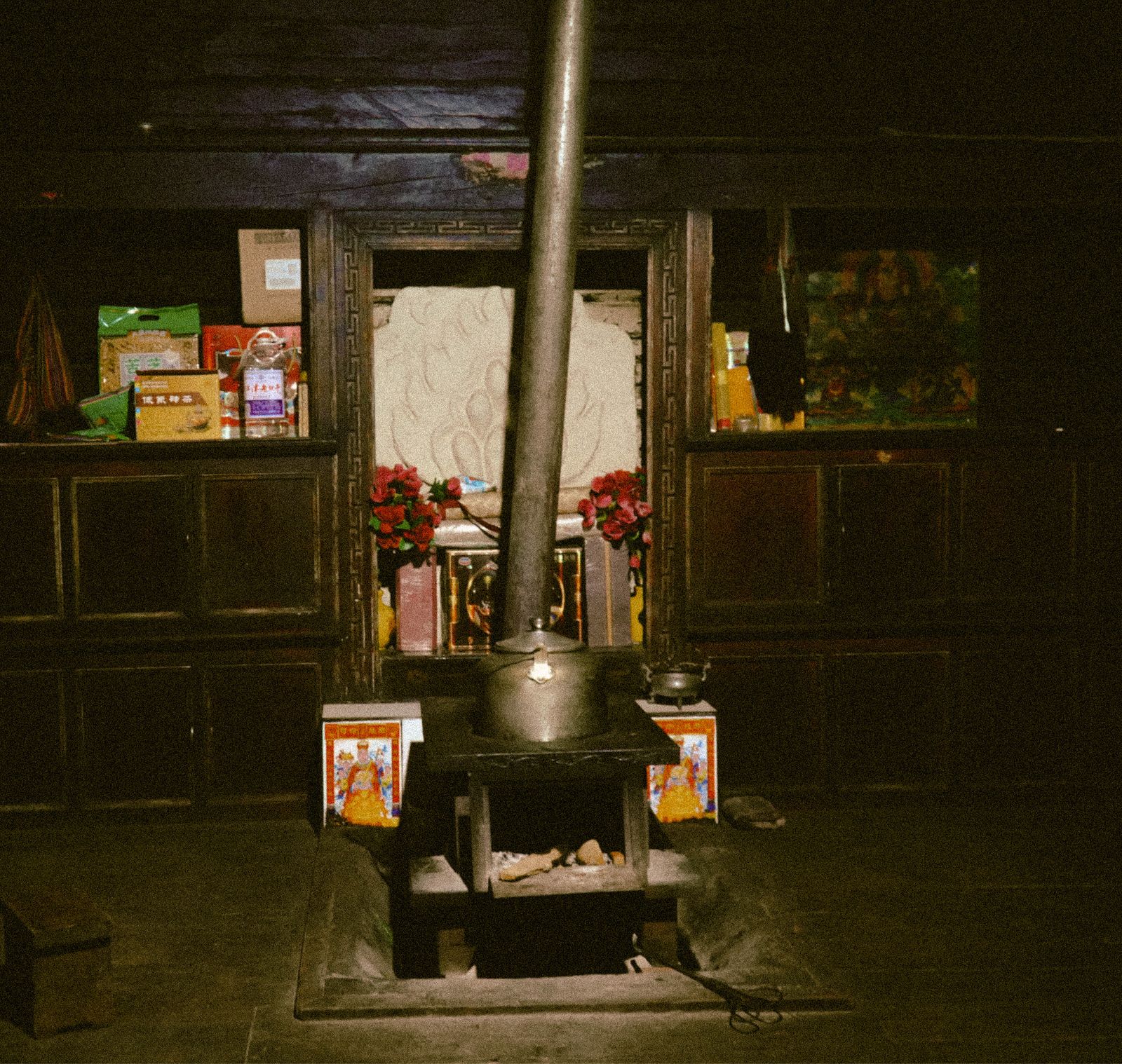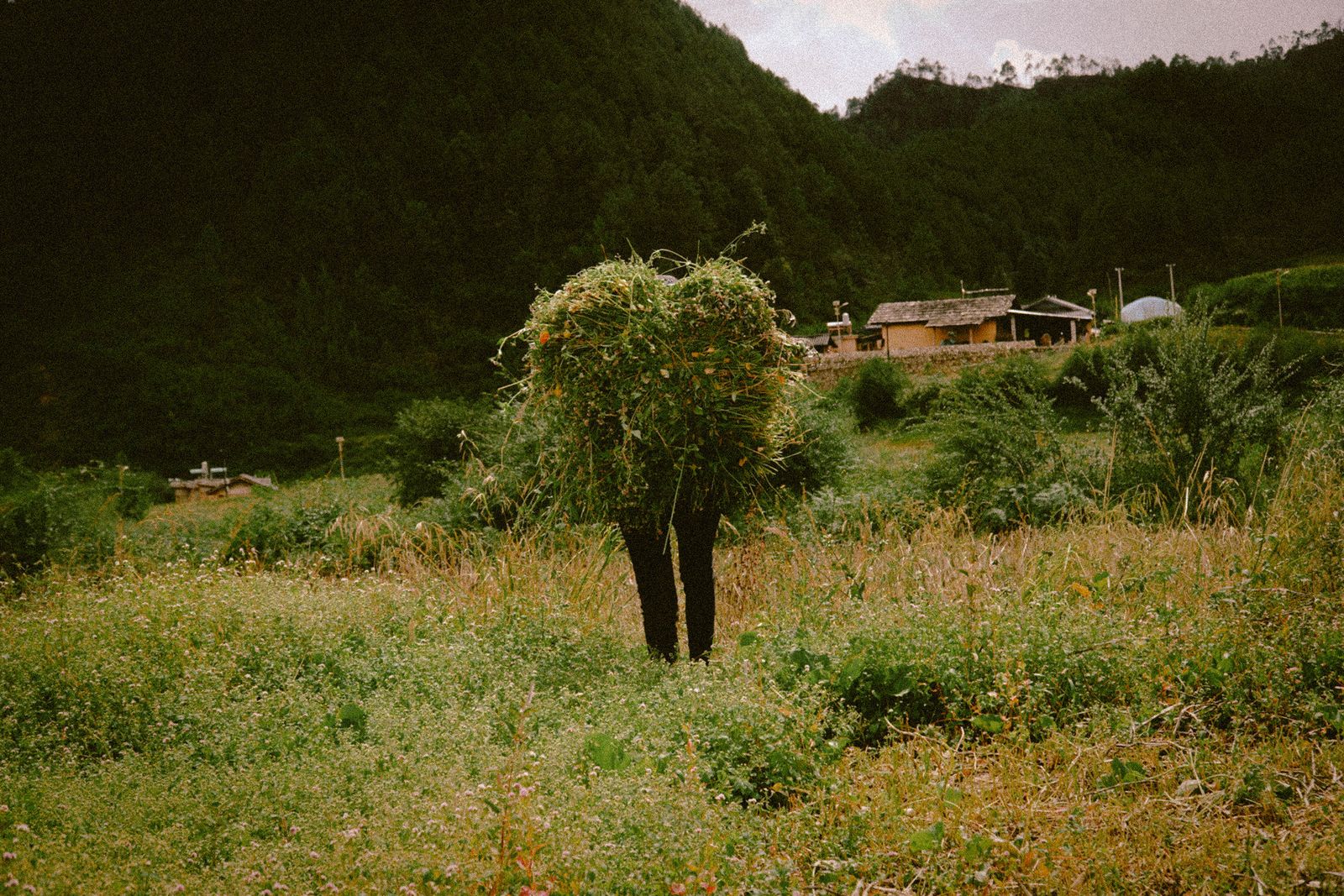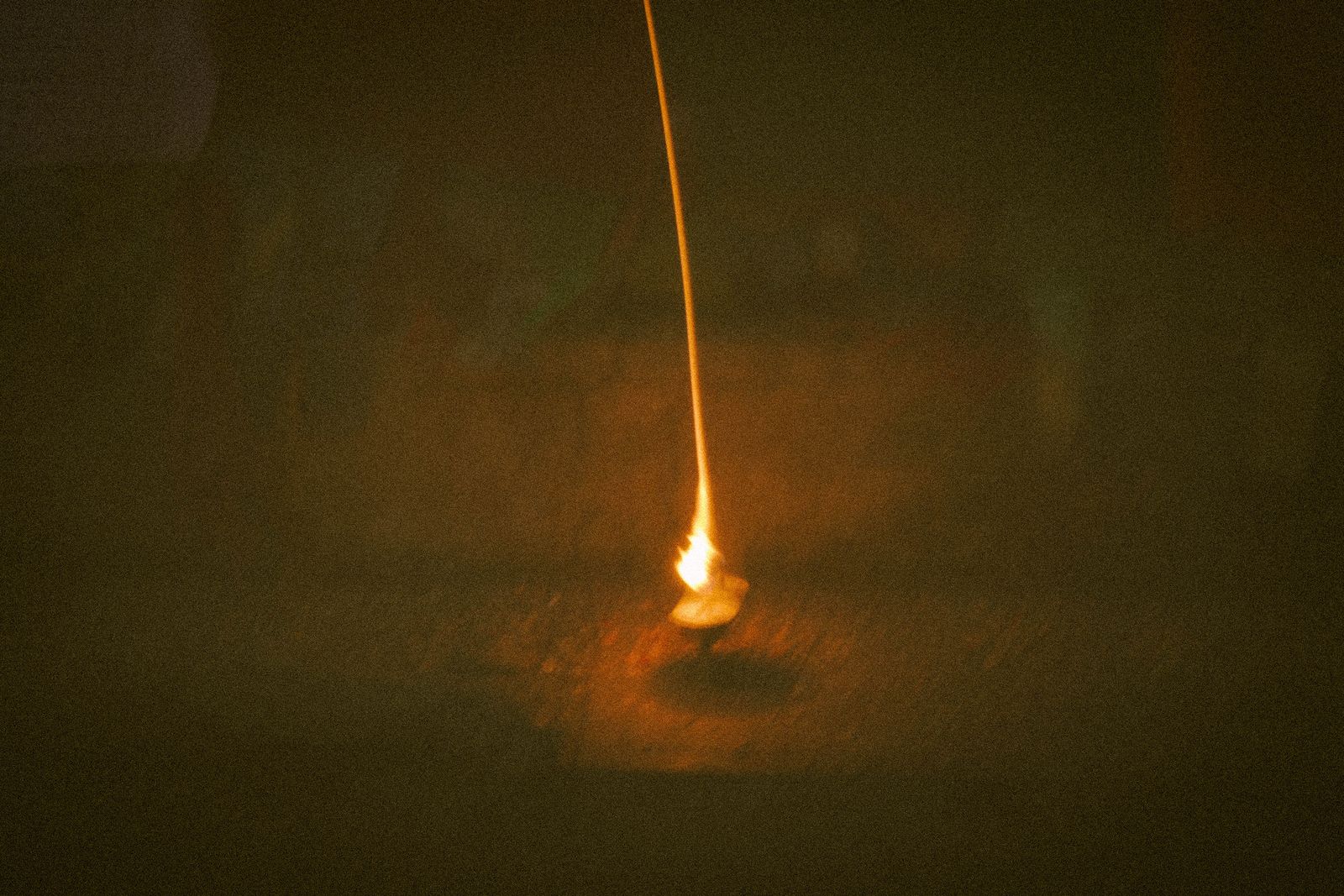Blessing, Swaying, Dancing
-
Dates2023 - Ongoing
-
Author
- Topics Archive, Contemporary Issues, Documentary
- Locations Yunnan, Sichuan, Luguhuzhen
This project explores how love and care are passed down within the Mosuo community, a rare matrilineal society in southwest China, and invites us to imagine new forms of family, labor, and care beyond patriarchy.
What would it look like if women of different generations in a family were never divided by patriarchal marriage, but could continue to live together under the same roof?
In Mosuo villages near Lugu Lake in southwest China, women have lived this way for generations. In Mosuo society, women of different generations are able to remain in their natal homes, rather than being separated by the patriarchal marriage system. Most of them also have rights to land and property. Their daily labor and care work are both recognized as central to family life, positioning them as custodians of family and tradition, unlike in patriarchal contexts, where care is often dismissed as low-value and rendered invisible.
Within the Mosuo matrilineal structure, female elders, especially grandmothers, hold the family not through hierarchy or authority but through love and care. As a result, children left behind and forgotten elders are rare, as children grow up among maternal relatives and elders are supported collectively, not left to age alone. In Mosuo matrilineal family, around the firepit, intimacy comes alive: in meals shared across generations and in the closeness of living together. This love is most visible in the coming-of-age ritual, where a child steps onto pork fat and rice before being dressed in traditional clothes by elders. Songs follow, comparing grandchildren to stars circling the sun and moon, wishing them to soar like birds and stand strong like the central pillar by the fire. Through these rituals, love is celebrated and passed down.
These bonds are not built on material comforts or modern conveniences. In many Mosuo villages, people still work in the fields and cook with firewood. Life remains unadorned, even austere, and within this simplicity another vision of love and care endures. In contrast, in our long path of modern progress, we often forget how essential love and care are.
Yet this system faces growing strain as younger generations migrate for work or enter marriages outside. The large extended families that once held many generations are steadily diminishing. I came to know these changes by sharing daily rituals with Mosuo families, and documenting daily life with their consent. This project is not only a record of Mosuo matrilineal culture, but also an artistic archive that invites us to imagine new, progressive forms of family, labor, love and care beyond patriarchy.
